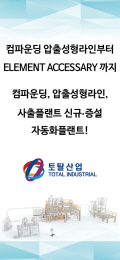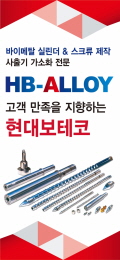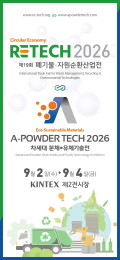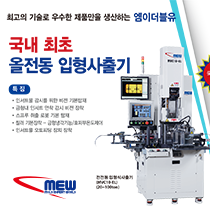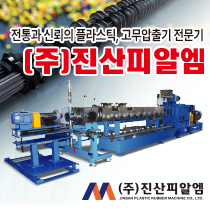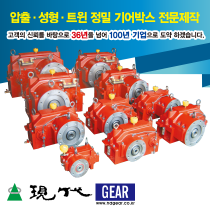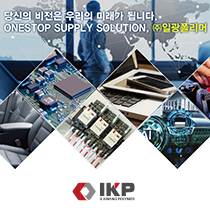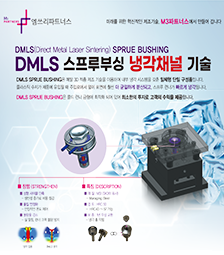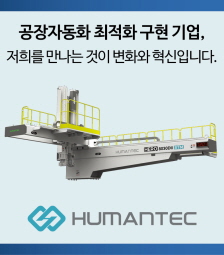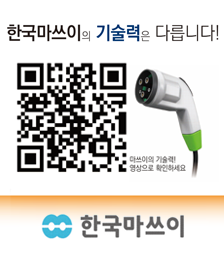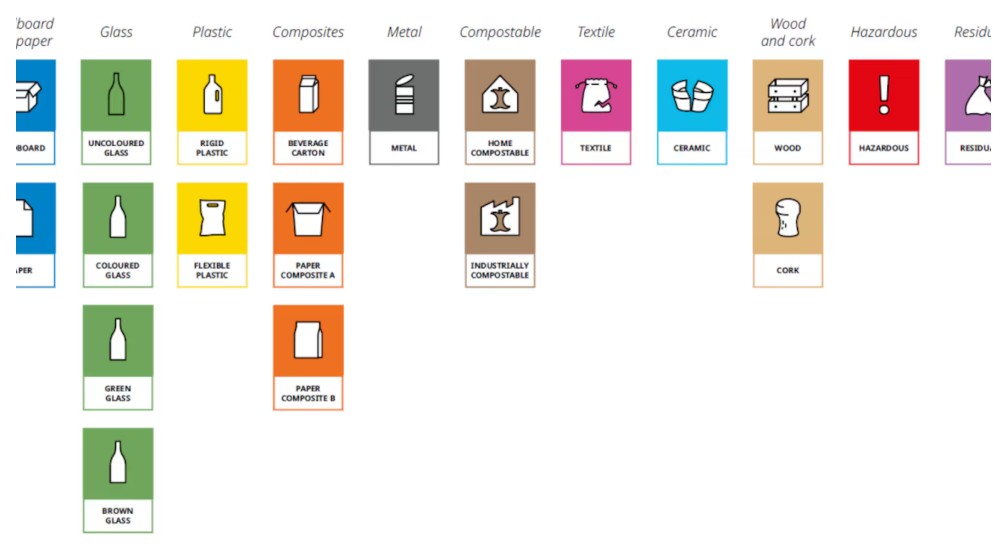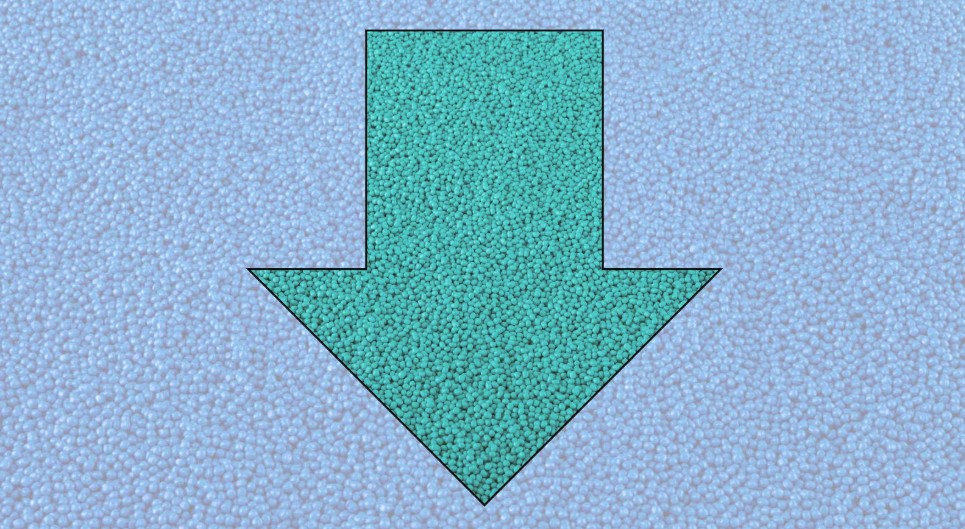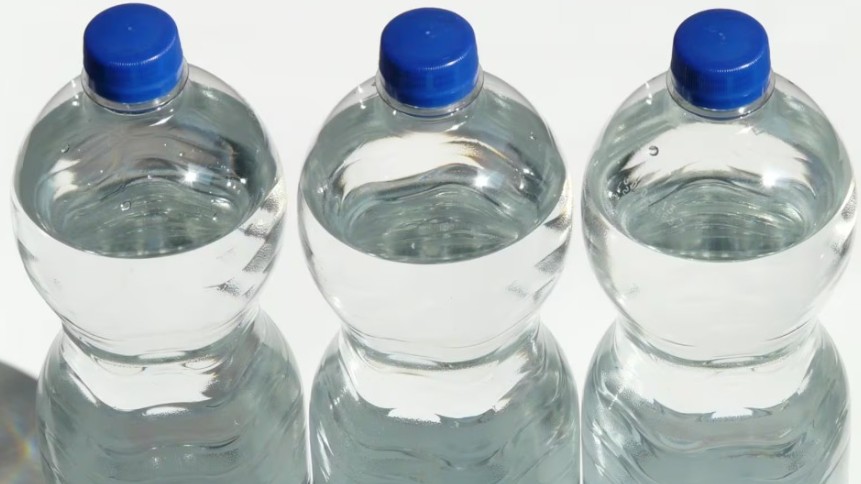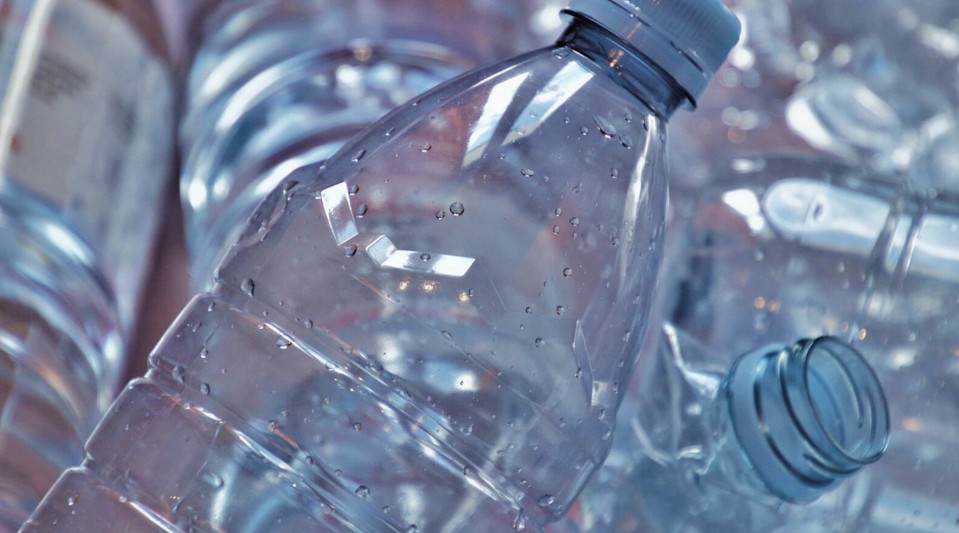Market trends
Japan’s new rules push PET bottle makers to use recycled plastic
Japan’s new rules push PET bottle makers to use recycled plastic
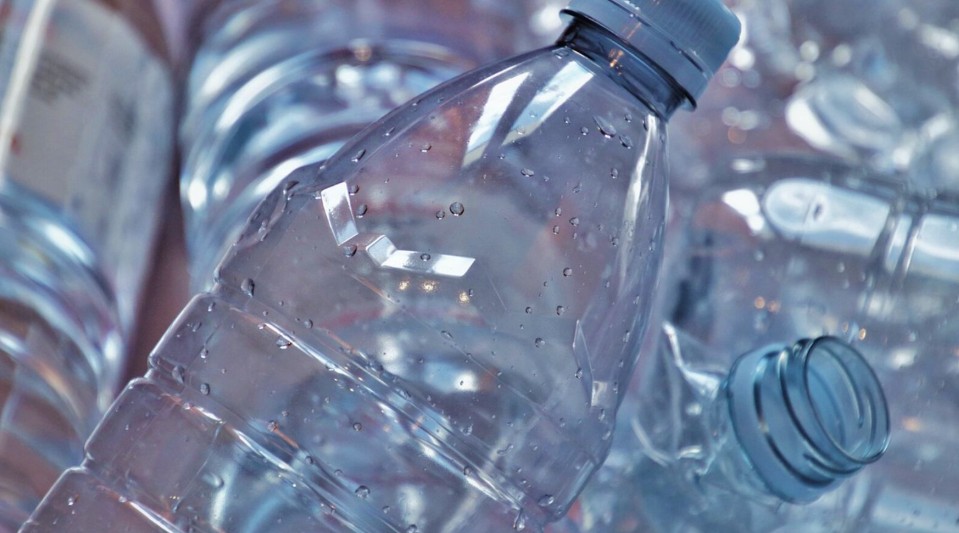
PET bottles
Japan’s Ministry of Economy, Trade and Industry (METI) has unveiled design certification standards for PET beverage bottles under the Plastic Resource Recycling Promotion Act of 2022.
The criteria, published on 24 July, aim to improve the recyclability and resource efficiency of plastic beverage containers and will take effect on 24 January 2026.
Certified bottles will be recognised under Japan’s Green Purchase Act, which mandates environmentally conscious public procurement. This integration gives certified products a competitive advantage in government contracts and is expected to accelerate private-sector adoption of recyclable packaging.
Material and design standards
To qualify for certification, bottles must contain at least 15% recycled or bio-based PET, in line with Japan Industrial Standard (JIS Q 14021) definitions for recycled content.
In addition, bottles must be made entirely from uncoloured PET and free from any additives that could hinder recycling. Printing directly on the bottle is prohibited except for essential details such as the expiry date or lot number.
For large-volume bottles that include handles, the regulation specifies that handles must be made from colourless PET, polyethylene (PE), or polypropylene (PP) with a specific gravity below 1.0.
Labels may not contain polyvinyl chloride (PVC) or aluminium laminates and must be easily removable through washing or air classification. Inks used must not adhere to the bottle surface.
Caps must be made primarily of PE or PP with a density under 1.0 and cannot contain PVC or aluminium. If a cap includes a glass marble or gasket—used in traditional carbonated drink bottles—the method of removal must be clearly indicated on the label.
The regulation also sets maximum bottle weights according to the container’s capacity and intended use, such as aseptic, pressure-resistant, or heat-resistant applications. These formulas encourage manufacturers to minimise plastic use without compromising functionality.
To receive certification, companies must submit their bottle designs to METI, demonstrate compliance with all design and material requirements, and publicly disclose information about their certified products.
General rules for food-contact plastics
Japan introduced new rules for food-contact plastics in June 2025.
The Asian country introduced a Positive List system regulating synthetic resins used in food-contact utensils, containers, and packaging in June 2020 under its Food Sanitation Act. The legislation allowed for a 5-year transition period which has expired in June 2025.
Only materials listed in the Positive List may now be used in food-contact applications. Some exemption criteria apply, such as migration into food below 0.01 ppm or use in non-contact layers that do not affect food safety.
Manufacturers and importers of raw materials or plastic utensils, containers, and packaging must provide evidence of compliance with the Positive List. Their users and distributors, in turn, are required to verify and communicate compliance. Compliance can be demonstrated through a Certificate of Compliance issued by the Japan Institute for Chemical Research and Evaluation (JCII).
* Source : https://www.plasticsnews.com/news/japan-rules-push-pet-bottle-makers-use-recycled-plastic/

